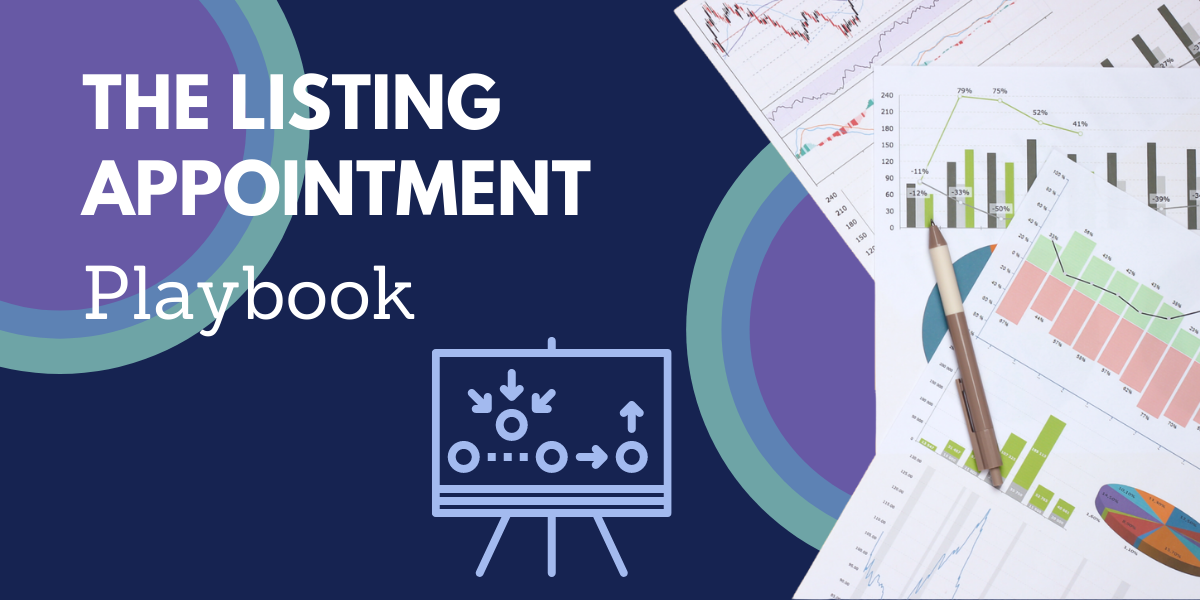5 Things to Consider When Switching to Solar Energy
by Kay Burton
Climate change is undoubtedly taking its toll, and more and more people worldwide are discussing ways to protect the environment. Homeowners are increasingly choosing to rely on solar energy instead of well-known conventional sources.
More often than not, we witness hundreds of acres of forests burning, first in Brazil, now in Australia; polar ice is melting day after day. It is clearer than ever that we need to change how we treat our planet. As the consciousness about the importance of protecting the environment is rising, many people around the world are beginning to explore ways to use renewable energy.

What is Solar Energy?
Solar power or solar energy is one of the most abundant forms of renewable energy. It is converted into electricity that we can use through various technological innovations like solar panels, solar modules, solar architecture, and even the best solar path light options along walkways in the yards.
It’s important to consider the pros and cons of solar energy to make a well-informed decision.

Cost
Value of Property
Power Production
Many people wonder how much energy these panels produce. The problem is that they charge only during the day, so it depends on how sunny the area where you live is and the model of the solar panel itself. The average system makes approximately 350-850kWh of AC energy per month, and the average household uses around 897kWh per month. Keep in mind that a single panel can produce only 1/20th of your energy needs, meaning you’ll need to install multiple panels or combine with other sources. However, some models produce more electricity â€" monocrystalline panels are known for their higher efficiency, as well as their higher prices.
Maintenance
Equipping your home with solar energy requires more maintenance than conventional energy systems. As they are not portable, a few things can go wrong once they are installed; you’ll climb to the roof or use a long hose to clean the panels regularly, as dust or other contaminants will prevent them from working properly. Other than that, you will need to confirm everything is in order occasionally. Sometimes it is necessary to replace the inverter or battery, but this is a rare occurrence.

Security of Electricity Network
When you are using solar energy, you can forget about blackouts and other problems with electricity. This is because having a solar system in your house is like having a little independent power plant. You won't experience a power outage or low voltage issue, and you’ll also prevent accidents caused by problems with the electricity network.
Conclusion
Taking all things into consideration, solar energy panels seem like a good option to install in our homes. If you decide to do so, you are also doing everything in your power to protect the planet by using clean, renewable energy. Have you already installed these systems? What are your experiences?
About the Author
Kay Burton is an environmentalist and engineer who explores all the sources of renewable energy and the ways we can use them. He works as a researcher at the university and writes for a local newspaper to raise awareness of people about the importance of using clean energy.
